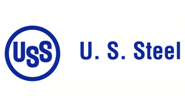
CFIUS completes Nippon/USS review, but outcome unknown: Report
The CFIUS report is in, but what it contains remains unknown.

The CFIUS report is in, but what it contains remains unknown.

Nippon Steel could build a new domestic U.S. Steel mill with a total investment of $4 billion.

International trade remains at the forefront of President Trump’s agenda, especially as new negotiations and investigations continue to be announced.

Commerce began a review of five producers/exporters: NLMK Verona; Officine Technosider; F.A.R. Fonderie Acciaierie; Ferriera Valsider and Metinvest Trametal.

The period under review is Jan. 1, 2022, through Dec. 31, 2022.

The US Commerce Department has provided the final results for the countervailing administrative review of certain corrosion-resistant steel products (CORE) from South Korea.

The UK deal may signal relaxation of the heaviest tariffs. The suspension of the reciprocal tariffs greater than 10% - remember, 57 countries were hit with that - ends on July 9. But it could be extended. If more deals like the one with the UK are struck, the suspensions may continue to permit more agreements - relieving global markets of considerable worry.
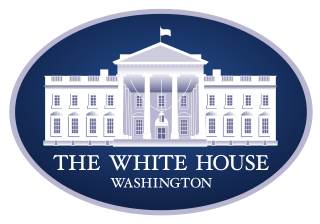
The US and UK governments have announced a trade deal in which an “alternative” to the Section 232 steel and aluminum tariffs will be provided.

US Sen. Jim Banks (R-Ohio) and Rep. Frank Mrvan (D-Ind.) have written a letter in support of a “domestically owned and operated American steel industry” being vital to national security.

The tariffs are intended to produce more investment and jobs in US manufacturing. But first, there will be a cosmic change, potentially wiping out millions of jobs in the short run. While administration officials will no doubt cringe at the comparison, it reminds me of the effort to undercut fossil fuels production to address climate change. Led by Democrats, the effort was to destroy fossil fuels so that renewable energy sources would have more space to grow. The result: inflation and electoral defeat in 2024.

President Trump cast a wide net with the proposed, reciprocal tariffs. The negotiating stage will be critical to determining the success of his strategy. And for those suffering tariff whiplash, don’t expect the pace of change to slow down just because the reciprocal tariffs are entering a negotiating phase.
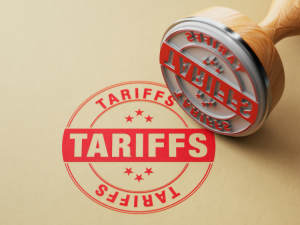
Meanwhile, an increasing number think it's too early to say whether the penalties are going to bring more manufacturing to the US.

The union is also urging stronger enforcement against countries such as China which break trade rules, and a coordinated Canada-US strategy to protect union jobs across the North America

Should foreign investment be allowed to reshape the American steel Industry? Not to be lost in the recent on-again-off-again tariff frenzy, Nippon Steel’s proposed takeover of U.S. Steel has also found itself in President Trump’s crosshairs when it comes to trade and industrial policy. Nippon Steel initially announced its nearly $15-billion bid for U.S. Steel […]

President Trump on Wednesday signed an executive order meant to breathe new life into American shipbuilding and curb Chinese dominance in the sector.

Despite ordering a new review of Nippon Steel’s bid for U.S. Steel, President Trump said he is still against selling USS to a Japanese company, according to media reports.

For trading partners, the tariffs will reduce demand for exports and depress growth. Over the coming days, trade partners will almost certainly announce retaliation, which will hit US exports.

Tariffs are taxes that the government collects. Funds are disbursed by acts of Congress. If domestic companies, including manufacturers, are to benefit from “protective” tariffs, they must raise their prices as well. Maybe not by the entire amount of the tariffs, but by some. Inflation will come.
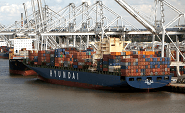
Supply chains are working through what the tariffs mean for them
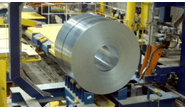
The US Commerce Department on Friday released preliminary anti-dumping margins in a trade case targeted imports of coated flat-rolled steel from 10 countries. Certain countries and mills were hammered while others were largely spared. Brazilian steelmaker CSN, for example, received a preliminary rate of 137.76%. Some Turkish mills – including Boreclik and ArcelorMittal Celik Ticaret – received no dumping margin at all.

Latest tariffs could lead to US metallurgical coal exporters (many already high-cost swing producers) being priced out of the market.

Canada imposes auto tariffs, while automaker Stellantis temporarily idles some plants.

The Commerce Department has made a preliminary determination that ‘critical circumstances’ exist for certain imports of corrosion-resistant (CORE) flat-rolled steel from the United Arab Emirates (UAE). Commerce decided that critical circumstances did not apply to CORE from South Africa. The department also found that critical circumstances did not apply to CORE from UAE producers Al-Ghurair Iron & Steel LLC and United Iron & Steel Company LLC.
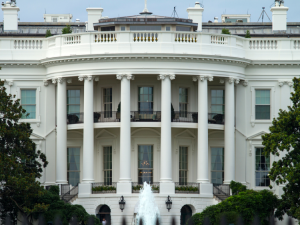
President Trump’s promised “Liberation Day” has arrived, with a 10% minimum tariff on imports. But there are some very important exceptions: The United States’ USMCA partners, Canada and Mexico, are excluded from the reciprocal tariffs for now. In addition, steel, aluminum, as well as autos and auto parts are excluded from the reciprocal tariffs. That’s […]

Trump's new auto tariffs will apply to passenger vehicles (including sedans, sport utility vehicles, crossover utility vehicles, minivans, and cargo vans), light trucks, and certain automobile parts (including engines and engine parts, transmissions and powertrain parts, and electrical components).

Victor Cairo, head of Mexico’s steel sector body Canacero and CEO of ArcelorMittal Mexico, says he is confident negotiations between the Mexican and US governments planned for April 2 will lead to the creation of a regional block to substitute imports, especially from Asia.
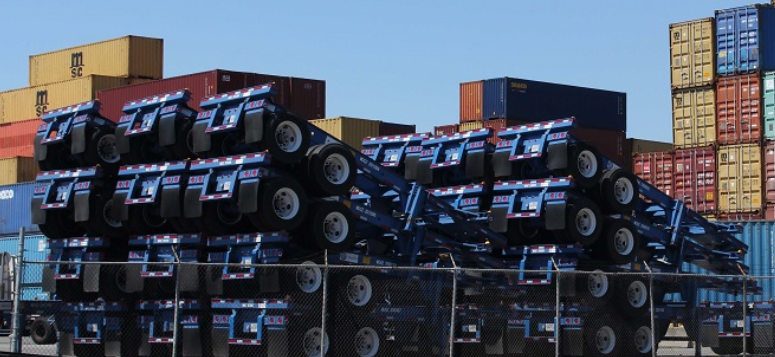
Upon the request of US chassis manufacturers, the Commerce Department this week initiated investigations into the alleged dumping and subsidization of chassis imported from Mexico, Thailand, and Vietnam.
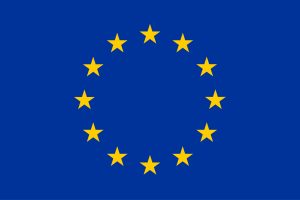
The European Commmission is reducing the amount of tariff-free foreign steel that can enter the EU.

President Trump said on Monday there may be exceptions for some countries on reciprocal tariffs.

These developments come at a time when the global trading system has been shaken up by US President Donald Trump’s greater use of tariffs, including employing Section 232 legislation to impose a 25% levy on steel from all countries to protect national security.